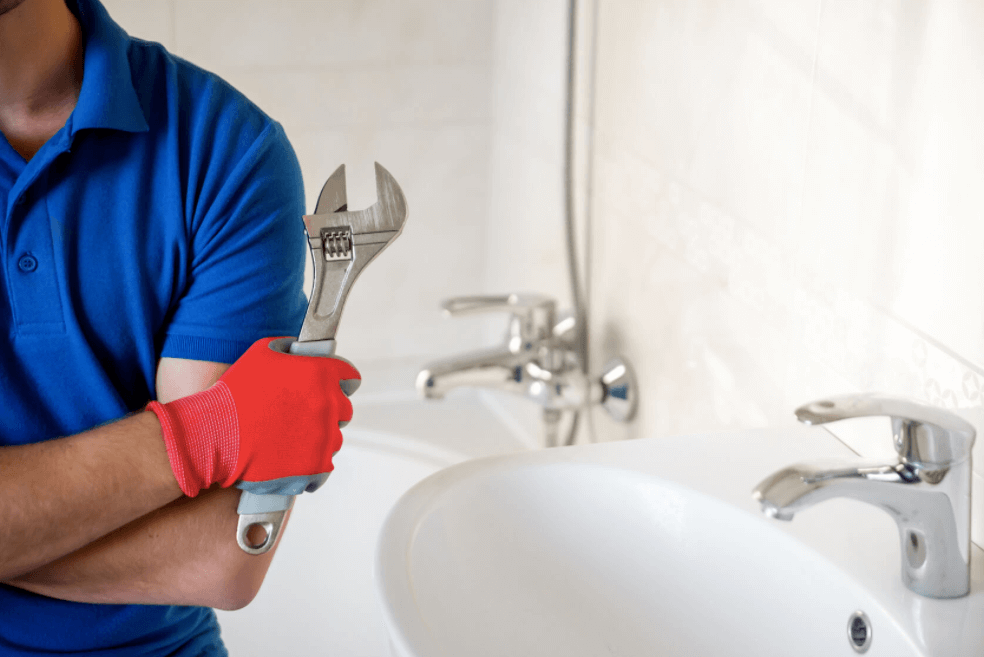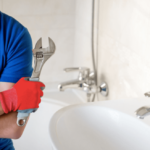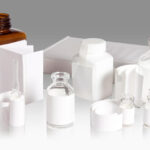Dealing with a clogged drain can be frustrating and inconvenient. A clogged drain, whether it’s a slow-draining sink or a fully blocked shower, can disrupt your daily life and escalate into more serious plumbing problems if left unchecked. Identifying the warning signs early can help you avoid further damage and save time. If the problem persists, seeking professional assistance from a clogged drain service in Johnstown may be necessary.
Signs That Your Drain Might Be Clogged
Clogged drains often start as minor inconveniences but can quickly escalate into serious problems. Here are the key signs to watch for:
Slow Draining Water
One of the most common indicators of a clogged drain is water that drains slower than usual. This often happens in sinks, bathtubs, or showers where soap scum, hair, and other debris accumulate over time. If you notice this issue, it’s important to address it promptly before the drain becomes completely blocked.
Gurgling Noises
Strange gurgling sounds coming from your drain can indicate a blockage in the pipes. These noises occur when air bubbles are trapped and struggle to pass through the clog. You’ll often hear this sound in kitchen sinks or toilets when water is running.
Standing Water
Standing water in your sink, shower, or bathtub is a clear sign of a severe clog. When water cannot flow freely, it accumulates, leading to backups that can be messy and inconvenient. This issue often requires immediate attention.
Unpleasant Odors
A foul smell emanating from your drain is another sign of a potential clog. Organic matter such as food scraps, grease, or hair can get trapped in the pipes and decompose over time, creating unpleasant odors. Persistent odors are a sign that it’s time to clear your drain.
Water Backing Up
If water starts backing up into other fixtures, such as your sink or bathtub, it’s a strong indication of a clogged drain. For instance, running your dishwasher and noticing water pooling in your sink suggests a shared pipe blockage.
Frequent Clogs
If you’re dealing with recurring clogs in the same drain, it’s a sign of an underlying issue that needs to be addressed. This could be due to buildup deep within the pipes or structural damage.
Common Causes of Clogged Drains
Understanding what causes clogs can help you take preventive measures. Here are some common culprits:
● Hair: Hair is a major contributor to bathroom drain clogs, especially in showers and sinks.
● Grease and Oil: Dumping grease or oil down the kitchen sink can cause persistent clogs, as these substances harden within the pipes.
● Food Waste: Even with a garbage disposal, certain foods like coffee grounds and fibrous vegetables can cause blockages.
● Soap Scum: Over time, soap residue can accumulate and create a sticky layer inside the pipes.
● Foreign Objects: Items like toys, wipes, or excessive toilet paper can block drains and pipes.
How to Address a Clogged Drain
If you suspect a clogged drain, there are several steps you can take before calling a professional:
Use a Plunger
A plunger can be a simple and effective tool for clearing minor clogs. Ensure you create a tight seal and apply firm, consistent pressure to dislodge the blockage.
Try a Drain Snake
A drain snake or auger is another tool that can help remove debris stuck deeper in the pipes. Gently insert the drain snake and rotate it to dislodge the clog.
Pour Boiling Water
Pouring hot water down the drain can help break down grease or soap residue. However, avoid using this method on PVC pipes, as extreme heat can cause damage.
Use Baking Soda and Vinegar
A natural remedy involves pouring a mixture of baking soda and vinegar into the drain. Let it sit for 15-30 minutes, then flush it with hot water to clear the clog.
When to Call a Professional
If DIY techniques fail or the clog keeps coming back, it’s best to reach out to a clogged drain service in Johnstown. Professionals have the skills and equipment to tackle more serious blockages, keeping your plumbing system efficient and operational.
Preventing Future Clogs
Prevention is always better than cure. Here are some tips to avoid clogged drains:
● Use drain strainers to catch hair and debris.
● Discard grease and oil in the trash rather than pouring them into the drain.
● Regularly flush drains with hot water to avoid buildup.
● Avoid flushing non-degradable items like wipes or hygiene products
Final Thoughts
Clogged drains can disrupt your daily life, but recognizing the signs early and addressing them promptly can save you from larger plumbing issues. While DIY methods can often resolve minor clogs, don’t hesitate to seek professional help from a clogged drain service in Johnstown for persistent or severe issues. With proper care and maintenance, you can keep your drains clear and your plumbing system running smoothly.







